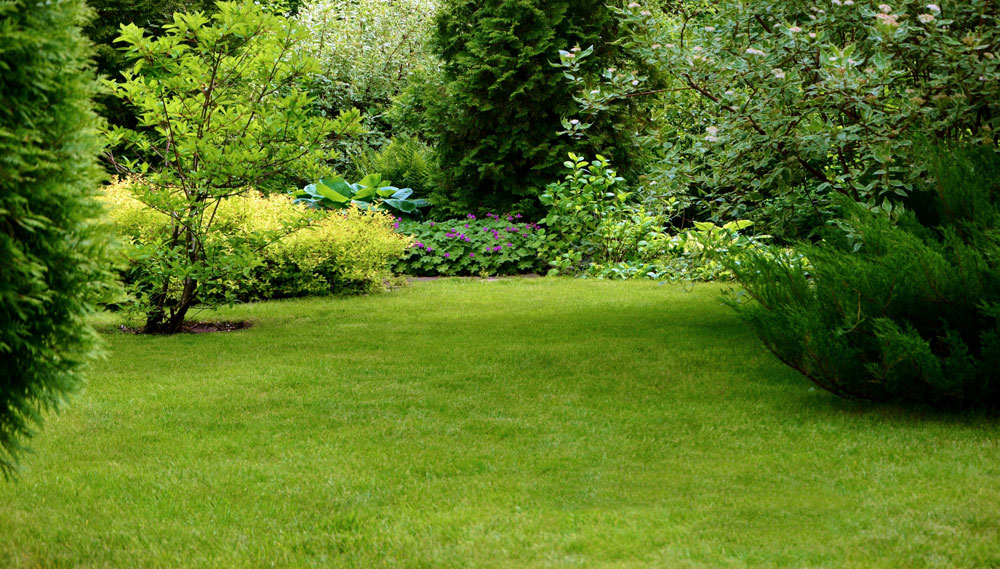How To Clean Up An Oil Spill In The Garden

CONTENTS
- The signs of an oil spill in the garden
- The effects of a domestic oil spill in the garden
- What to do when a domestic oil spill occurs
- How to prevent domestic oil spills
- Contact us today
A domestic oil spill in your garden is a very serious situation that requires immediate, effective clean up. A single drop can contaminate local water sources and threaten birds, insects, plants, and other wildlife.
Here at ICE Cleaning, we offer our oil spill cleaning services nationwide. Our fully trained technicians can tackle oil spills on hard surfaces and soil, and in water. In an emergency, they can be on site within a matter of hours of your call.
Keep reading to find out what to do when an oil spills occurs in your garden.
The signs of an oil spill in the garden
Firstly, you may detect a strong, pungent odour that smells like petrol. This odour can vary based on the type of oil spilled but will typically have an unmistakable chemical scent.
Another sign is discolouration or dark patches on soil and plants which usually indicates contamination by heavy oils. Check for pools of liquids with rainbow sheens or oily textures, too. These are tell-tale signs of fresh spills that have not yet been absorbed into the ground.
A more subtle sign might be changes in plant health. Plants exposed to oil often exhibit stunted growth, yellowing leaves, or even death if contact persists over time. Note any sudden decline in wildlife activity around affected areas, as well. Animals tend to avoid contaminated zones.
The effects of a domestic oil spill in the garden
An oil spill in your garden can have serious consequences, both for local wildlife and plants. Oil smothers plant life, preventing photosynthesis. It also contaminates soil and groundwater resources.
Oil spills can harm a variety of animals by coating their fur or feathers, impairing their ability to move or fly. Small creatures like insects are particularly vulnerable as they may get trapped within the viscous substance.
A single drop of oil may seem harmless but just one litre of motor oil can contaminate up to one million litres of water. A domestic fuel leak could do lots of damage in a short space of time.
Oily residues pose health risks, too. Prolonged exposure could lead to skin conditions or respiratory problems if the harmful fumes are inhaled. You can find out more about the dangers of oil spills here.
Spills are especially risky for children who tend to play outdoors as they will be exposed more frequently and more directly to the oil. If fruit and vegetables grow in polluted gardens they could absorb harmful hydrocarbons which could lead to long-term ingestion hazards, as well.
To prevent such dire scenarios, make sure you monitor your heating systems regularly so any leaks get detected early, and bring in professional oil spill cleaners as soon as you spot the signs of a spill.
What to do when a domestic oil spill occurs
First, make sure everyone's is safe by keeping pets and children away from the area. Then, identify the source of the leak and take immediate steps to stop it. This might mean turning off valves or isolating parts of an oil heating system.
You may feel tempted to attempt domestic oil spill clean up yourself, but this is a complex and dangerous process that requires professional expertise and equipment.
Oil is not just messy and difficult to clean up, it will bring you in close contact with the harmful substance. You also need to remove all traces of the oil as well to make sure the area is safe again.
Professionals will be able to clean up all the oil efficiently while ensuring minimal environmental impact.
You should report the incident immediately after you notice the spill, too. Local authorities or environmental agencies need to know about major spills as they can pose significant risks to groundwater supplies and wildlife habitats.
Lastly, remember insurance companies will need evidence before processing any claims. Take plenty of photos documenting the extent of the damage and make notes on how the accident happened.
How to prevent domestic oil spills
With careful attention and regular maintenance, you can significantly reduce the risk of oil spills.
The first step is to ensure all oil storage tanks are installed correctly by professionals. This helps avoid leaks caused by improper installation or poorly fitting parts. A professional installer will know how to handle this task effectively.
Regularly inspect your oil tank for signs of wear and tear, such as rusting or cracking, too, to prevent leaks from escalating into environmental disasters. If you notice any such signs, get professional help immediately.
Routine maintenance on your heating system is crucial, as well. Service checks will not only keep your system running smoothly but also highlight potential problems early on that could cause spills in the future.
Follow strict safety measures when refuelling
Filling up an oil tank needs caution as overfilling may result in spillage. Always use suitable containers when refuelling and never fill past the maximum level line.
Inspect pipework regularly
Faulty pipes can leak unnoticed underground causing soil contamination, so stay vigilant with routine checks. You can find out more about how to maintain your oil tank in this blog.
Contact us today
Our technicians can clean up a wide range of oils including gasoline, diesel, and hydraulic oil. They are available 24/7, 365 days a year, including bank holidays to deal with your oil spill.
Get in touch with our team on 0208 066 0360 or at enquiries@icecleaning.co.uk to find out more about our domestic oil spill clean up services.

Speak with me today,
I’m here to help
By asking you a few questions either via phone or email I can immediately provide a realistic estimation of the cost.
You’re in good company. We’ve cleaned for the following commercial clients… View all

Why choose us?
- Cater to a wide variety of cleaning situations
- Nationwide coverage, available 24/7
- Cater to commercial and domestic clients
- Free survey provided prior to quotation
- Emergency response team
- Offer a bespoke service designed to suit all your needs
- All technicians hold professional health and safety qualifications, including BICSc, IOSH, Dewpoint Professional & Safe Contractor
We’re fully accredited
We place best practise, professional expertise and health and safety at the core of our business. We’re fully compliant with all legal obligations. You can view a list of our accreditations below, or visit our Health & Safety page for more information.











-RGB-small.1707319151.jpg)




















